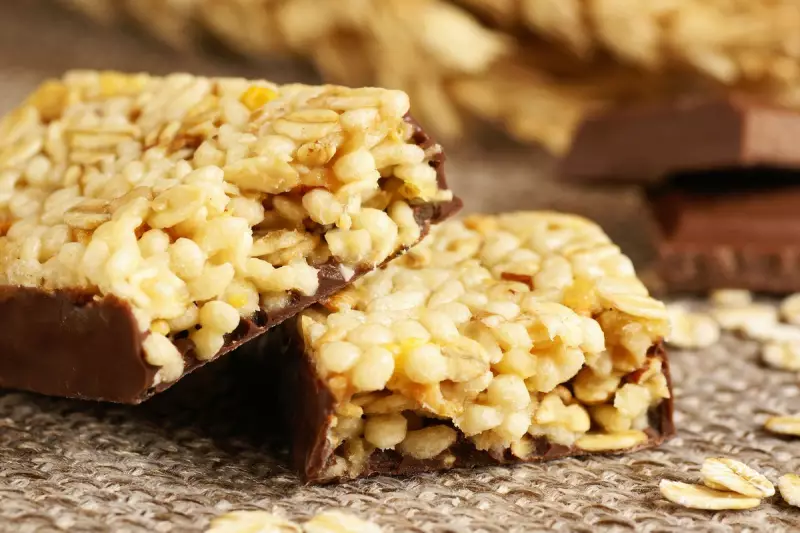
‘Healthy’ Snack Bars Packed with Hidden Sugar and Fat, Study Warns
Consumers across the UK are being systematically misled by snack bars marketed as healthy choices, which are often packed with excessive sugar and saturated fat, according to alarming new research.
A comprehensive study from Action on Salt and Sugar at Queen Mary University of London (QMUL) analysed the nutritional content of more than 450 bars sold in ten major UK supermarkets. The findings, released in November 2025, paint a concerning picture of the so-called 'healthy' snack aisle.
Concerning Nutritional Findings
The analysis revealed that more than a third of the bars studied (37 per cent) were classified as high in sugar. Even more worryingly, over half (55 per cent) were high in saturated fat.
Perhaps the most startling revelation is that despite their healthy marketing, almost two-thirds (64 per cent) of these snack bars would officially be classified as a 'less healthy' product under government guidelines.
Among the worst offenders identified were:
- The M&S Dark Chocolate Date Bar containing 198 calories and a substantial 26.5g of sugar per serving.
- Nakd. Raw Fruit & Nut Bars in Blueberry Muffin and Salted Caramel flavours, with 131 and 134 calories respectively and 17g of sugar each.
- The Deliciously Ella Roasted Peanut Protein Ball, which had 150 calories and 16g of sugar per serving.
Public Health Implications and Expert Calls for Action
These sugar levels are particularly alarming when compared to government recommendations. Official guidelines suggest adults should have no more than 30g of free sugars daily (roughly 7 sugar cubes), while children aged 7 to 10 should have no more than 24g (6 sugar cubes).
Dr Kawther Hashem, senior lecturer in public health nutrition at QMUL, stated that parents and young people are being “misled” into believing they are buying healthy products. “The government must take more assertive action by mandating clear front-of-pack labelling and tightening the sugar thresholds, introducing levies on unhealthy foods, and setting ambitious healthy sales targets to truly protect children’s health,” she urged.
Nutritionist Nourhan Barakat from Action on Salt & Sugar highlighted the deceptive nature of common marketing phrases. “Phrases like ‘natural ingredients’, ‘high in fibre’ and ‘high protein’, can be deceptive as many of these bars can be high in sugar and saturated fat,” she explained. “It’s unacceptable that an average serving provides nearly one-third of a child’s recommended daily sugar intake.”
In response to the findings, Deliciously Ella defended its Roasted Peanut Protein Ball as a “functional, energising snack made from six simple ingredients” and stated it “always strives for transparency and high quality.” Marks & Spencer, Nakd, and the Department for Health and Social Care were contacted for comment.
Researchers are now calling for mandatory front-of-pack labelling to help customers identify genuinely healthy options easily, an end to misleading health claims, and the introduction of levies to encourage manufacturers to produce healthier products.






